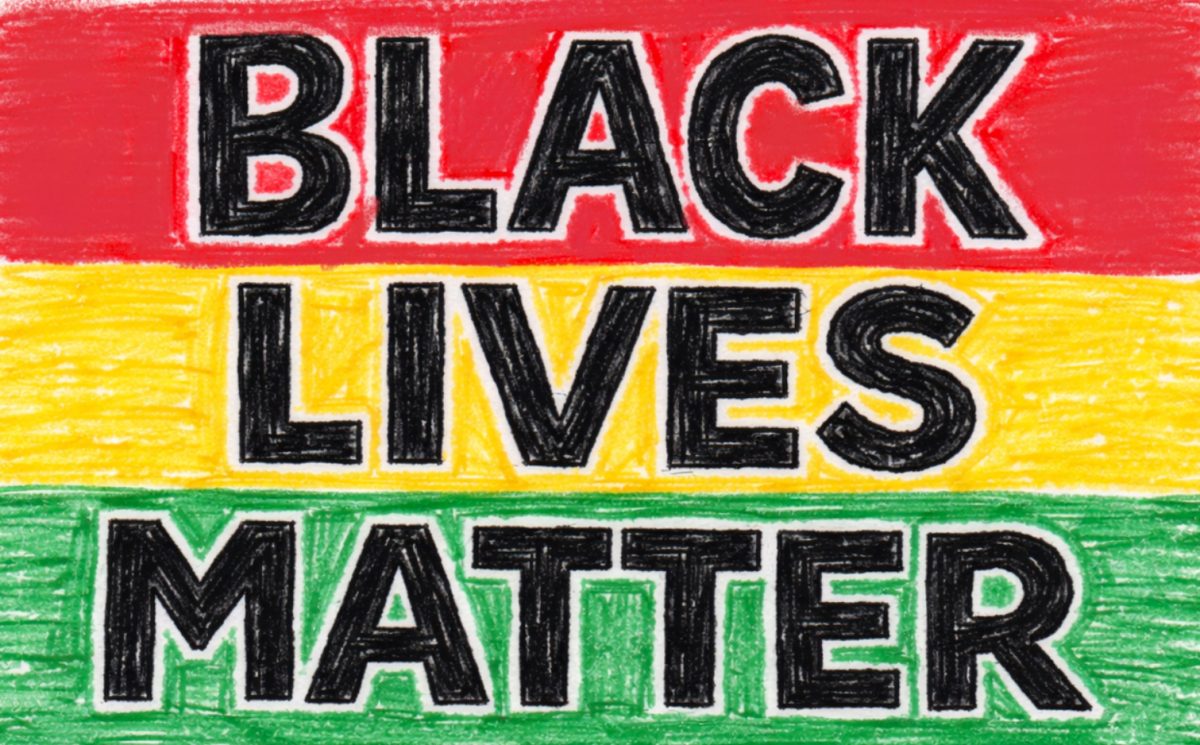It’s that time of year where people are setting a couple of goals for themselves in the new year, just for those same resolutions to be forgotten in less than a month. New Year’s resolutions are a great idea for anyone to try, but, unfortunately, not everyone knows how to adequately fulfill them.
They often do not work because people set big, unrealistic goals and try to do everything at once. People devote themselves to their goals for the first few days of the year, and expect a big change overnight. However, this “all or nothing” approach eventually just leads to burnout.
“New Year’s resolutions usually don’t work due to the goal either being too grand or the motivation dying out too quickly. People like to think they can achieve something in the new year, especially when the work to get it is something they haven’t done as much before,“ said sophomore Teresa Kurishingal.
For instance, someone might decide to lose 30 pounds or read 50 books by the end of the month, without considering the small steps it takes to get there. They might start strong but quickly feel overwhelmed by the size of the goal. When they do not see instant results, they get discouraged and give up.
“It takes a lot of willpower to stay on track but I believe that if you have a specific purpose in mind that drives you, you can stay on track with your resolutions,” said theology teacher Mrs. Ana Roman-Gonzalez.
What someone should do instead is make small, consistent progress. For example, if someone wants to lose weight, he should start by exercising 15 minutes a day or cutting down on unhealthy food options.
Once the small steps, little by little, become a reality, the goal becomes less intimidating. It is easier to stick to a plan and feel motivated by small wins along the way. The answer then is to breaking resolutions into smaller goals to aid in staying you on track making a successful resolution much more likely.









